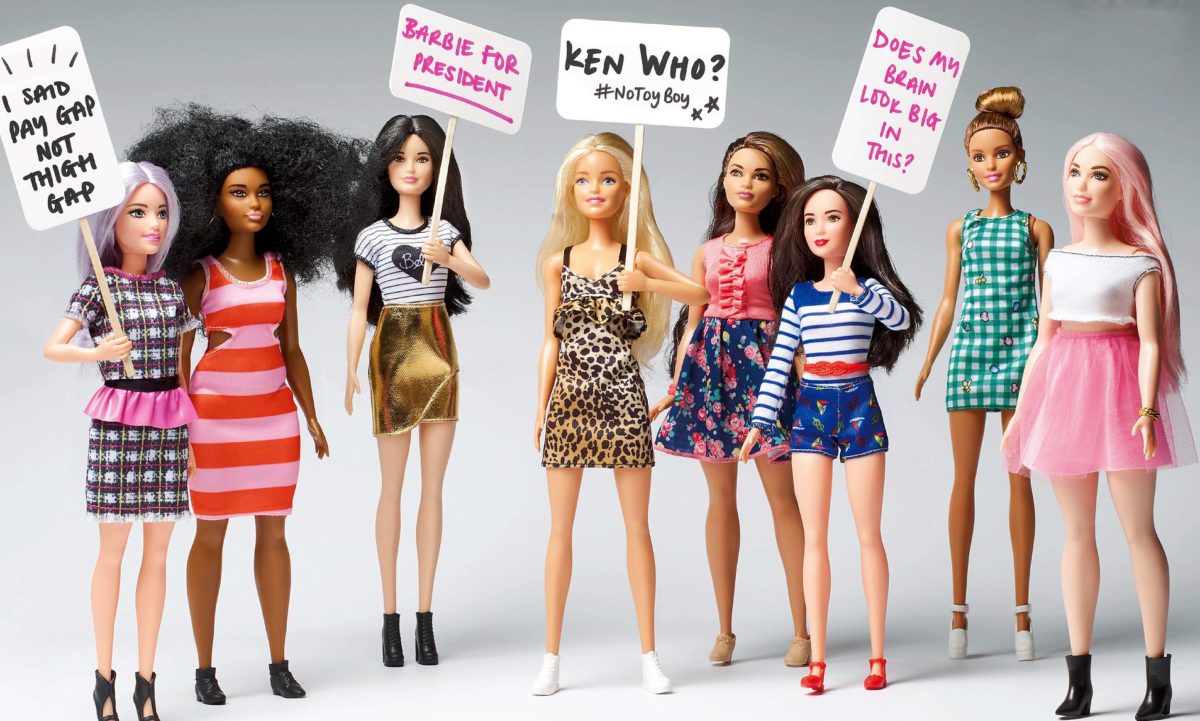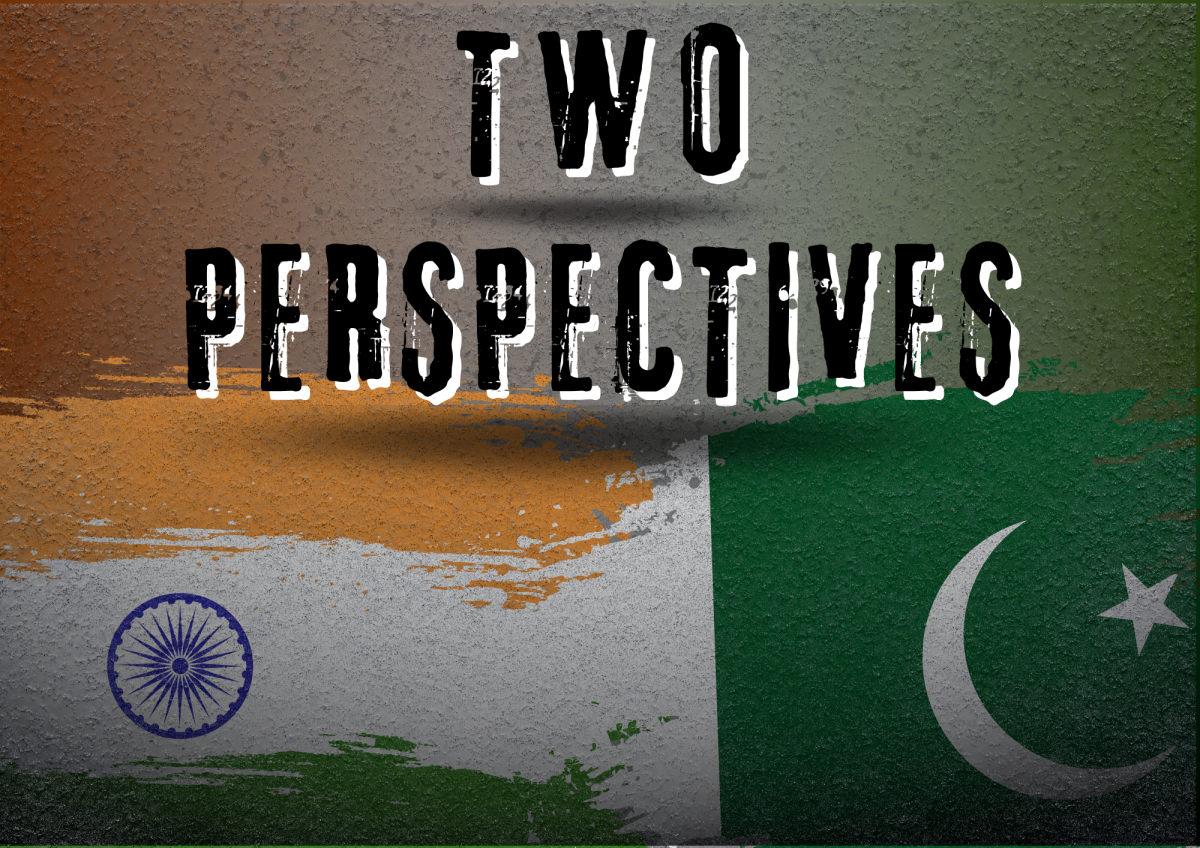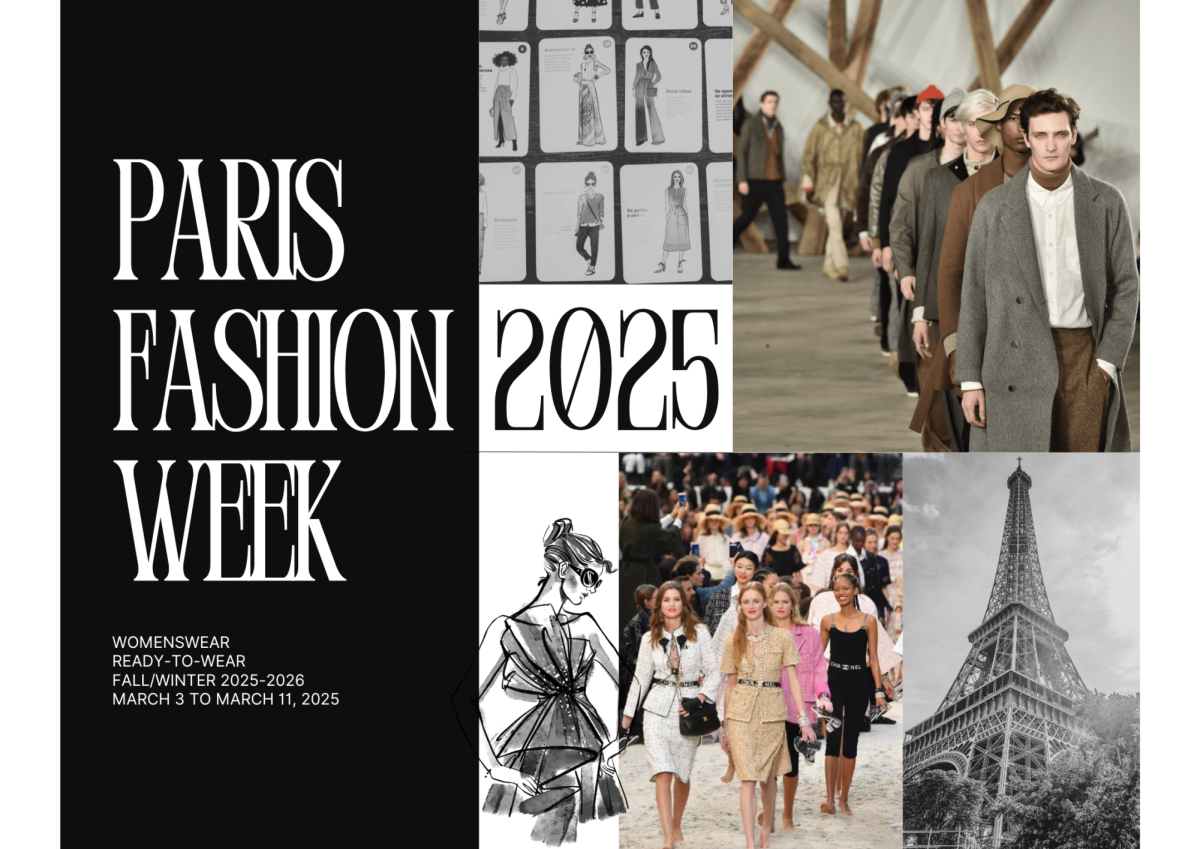Okay… So, we’ve recently watched the Barbie movie and were quite disheartened to see people missing the message that we and a few other women took from it. Specifically, we’d like to write in reply to an article which presented an understanding of the movie which contrasted from our own. However, do keep in mind that we’re not looking to shout over anyone or dismiss thoughts, the beauty of film is the multiplicity of interpretations.
Now, we consider ourselves to be feminists in the sense of the original definition: “the advocacy of women’s rights on the basis of the equality of the sexes.” In relation to Barbie, the representations of feminism throughout the movie have been interpreted as extremist and pro-abortion depictions of ‘true girl power’. But to us, that isn’t what the movie was intending to do. In reference to the introductory scene is which a toy baby is thrown on the ground by a young girl, this was not a depiction of child neglection, but rather the idea that a girl can be more than a mother. Barbie represented the idea for the first time that a girl could play with dolls in a way that wasn’t solely maternal, and could dream of being more than a housewife.
We’d like to preface this by saying that yes, boys, this movie is, to some degree, about you. Did it make you feel uncomfortable? Did you cringe? Did it make you angry or upset?
Good. That was the point.
Barbieland is a heavily satirised gender reverse of the political and social structure of the ‘Real World’. In Barbieland, men are reduced to nothing but pretty faces and empty heads. If you missed it, the men were characterised to exaggerate the stereotype that women only have a good day when men pay attention to them, just as “Ken only has a good day when Barbie looks at him.” (Evidence of Ken Representing A Female Stereotype (KRFS) #1).
Does Ken feel left out because his feelings are unrequited? Yep. Is it Barbie’s job to make him feel good in a relationship she doesn’t want? Nope.
As Barbie addresses at the end of the film, Ken is more than just a love interest for her. He deserves to be his own self and he breaks free from this stereotypical position of a weak, mindless love interest that exists only for a romantic sub-plot for the protagonist.
Now, we’re not going to sit here and say that we know what it’s like to be a man. Because we don’t. Your experience is your own and we won’t dictate how you do or should feel, that isn’t right. We feel that masculinity should be celebrated alongside femininity, something that Barbie actually makes quite a spectacle of saying. Ken’s song is a show of this, the idea of being more than just a pretty face. Barbie is a celebration of the strength and independence of women, as well as their sisterhood and reliance on one another. But it is also a celebration of men and their powerful masculinity, as well as the different forms in which this takes. Yes, Ken absolutely hangs with his mates in his ‘mojo dojo casa house’, drinking beer and doing other stereotypically masculine things. And yes, he also performs a synchronised dance on the beach, singing I’m Just Ken with the other Kens, all of them feeling comfortable enough in their identity and masculinity to do something generally considered by a modern Western society to be ‘too feminine’. We don’t think the movie is intending to attack men and make real men feel stupid or embarrassed after watching it. We agree, the men are depicted as very silly. But again: that is the point! The stereotypes are heavily satirised and cast onto the opposite gender. It is supposed to make you angry, it is supposed to make you embarrassed, it is supposed to make you uncomfortable! It is supposed to make you consider how the media’s constant depiction of women as having the same characterisation as the Kens makes women feel.
But enough about Ken, how about we move onto Barbie. You know, the main woman who has unintentionally internalised the ‘straight white rich man’ stereotype? Like when she meets the men who run the Barbie company and she asks to meet the woman in charge, instantly assuming that a man could never run a business. Barbie is as much a product of an imbalanced gender power structure as the men that introduce Ken to the patriarchal system. Barbieland poses the question of ‘feminism gone too far’ that it should swing around to create a matriarchal power system that shows a reversal of gender stereotypes and power structures.
However, we would like to make the interesting note that in a world run by women, the men aren’t oppressed or objectified or assaulted. When Barbie enters the Real World, she instantly feels afraid, uncomfortable, and is physically assaulted barely five minutes in. Exaggeration or reality? You choose.
Now, let’s address the mother’s speech, shall we?
“Cringy” was the word used by our fellow writer to describe this great speech of female empowerment. We, however, felt that it was very inspiring. Just as most white people wouldn’t necessarily relate to Martin Luther King’s famous, I Have A Dream speech, we can understand why most men wouldn’t agree or relate to this speech. Because, unlike a lot of the rest of the film, this part wasn’t for you. If a man were to feel that they are also given contradictory expectations by a prejudiced society, we’d be the first to cheer you on into defying it in whatever way you choose. Because you are your own person, and you absolutely should feel free to be that person regardless of what society dictates you to be.
We understand that men have their own issues, just as any group of individuals does, but this isn’t the time nor the place to mention the problems of men within society. This film and the discussions it prompted are supposed to be a place for women to express themselves freely and safely, opening up about their struggles and the issues they face. It’s not fair that you should walk into this space and turn it into place for men (hmm… sounds like the plot of a certain film I know…). If you want to talk about the problems men face, then go ahead, but we’d like to hope that it is possible to explore men’s suffering without first having to shout over and belittle an entire gender for feeling empowered by each other and unpacking their struggles.
Perhaps some girls would believe that it was cringy, but there are many women who were brought to tears. Many older women, middle-aged and above, many teenagers and little kids listened cried at having felt these conflicting feelings for so long, finally put into words and shown to a growing generation of younger minds. We, personally, were not. But we’re not very well going to sit here and say that their thoughts and feelings are invalid, that they don’t have the right to be human and feel emotions and opinions unique to them.
We agree that it is indeed, very hard to be human. Whilst we concur that Barbieland, to our knowledge, is indeed very fake, we would also like to note that the ideas it places forward are very, painfully real, and not to be ignored. The patriarchy began in Ancient Greece and the concept was pushed by the ancient Thessalian political figure, Meno. (Now, keep in mind, a patriarchal system of oppression had been around far longer than that, this was just the first time it was given a name).6
Put simply, Meno believed that: “… it is easily stated that a man’s virtue is this – that he be competent to manage the affairs of his city, and to manage them so as to benefit his friends and harm his enemies, and to take care to avoid suffering harm himself. Or take a woman’s virtue: there is no difficulty in describing it as the duty of ordering the house well, looking after the property indoors, and obeying her husband.” (Perseus Digital Library)
Again, we don’t intend to invalidate men’s opinions or belittle their struggles. We’re just saying that only one gender has ever had to fight for the right to exist and it wasn’t yours. We challenge you to rewatch the film with a more open mind and consider the points we’ve made.














Asha H • Oct 19, 2023 at 10:23 am
Love how much this actually covers, we need more response articles 🙂
Raifah Z • Sep 11, 2023 at 2:47 pm
slayed.
Samantha E • Sep 9, 2023 at 10:17 am
Hear! Hear! Some great points put forward.
Mrs Peiris • Sep 8, 2023 at 8:07 pm
I really appreciate a healthy debate and a timely response article.
Molly B • Sep 7, 2023 at 5:24 pm
AHHHH THIS IS SOOOOO GOOD
Iris S • Sep 7, 2023 at 10:55 am
Absolutely! I feel you have made very valid and good points.
Cameron F • Sep 6, 2023 at 10:20 am
cheers guys